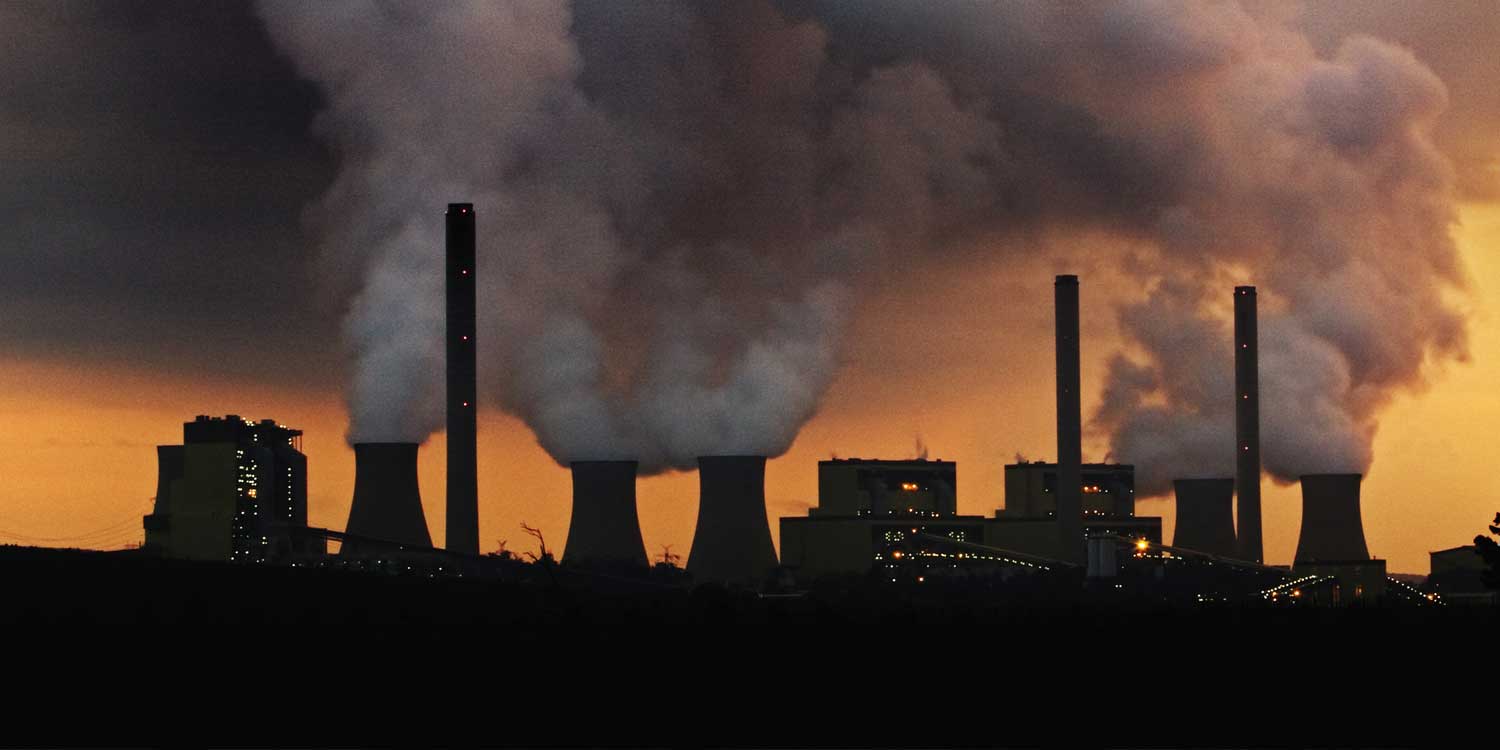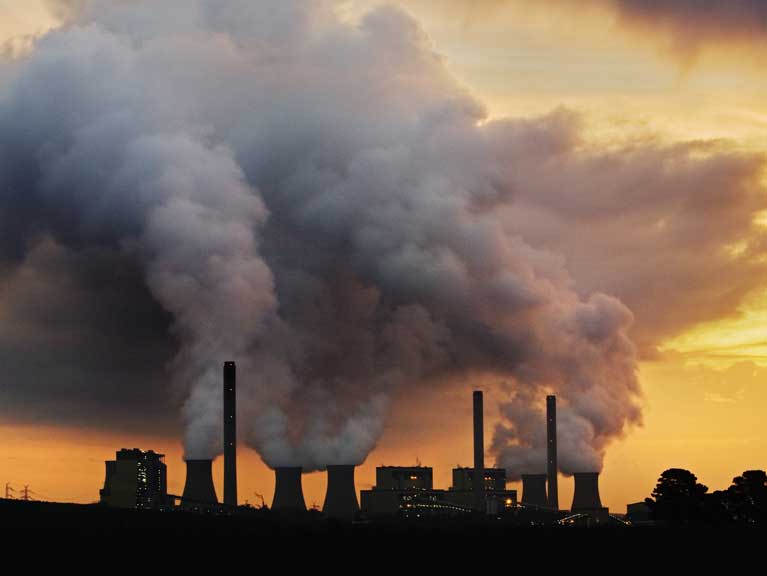AGL’s failed demerger plan and what it means
08 Jul 2022 3 min readOn 30 May, AGL Energy Ltd (AGL) announced1 that it was withdrawing its plan to split into two arms, generator and retailer, as it had become clear that the required 75% of shareholders would not vote in favour of the demerger.
Integral to the withdrawal of the demerger was Mike Cannon-Brookes, billionaire co-founder of Atlassian, who became the largest single shareholder in AGL with his purchase of 11.28% via Grok Ventures. This purchase followed Cannon-Brookes’ failed takeover bid for AGL with Canadian asset manager Brookfield Asset Management Inc (Brookfield).
Why was the plan blocked?
AGL is the single largest contributor to carbon emissions in Australia,2 and Cannon-Brookes has been very vocal about his commitment to climate action.
The 3 specific reasons he gave for opposing the demerger were:3
- Shareholder value would be negatively affected by the higher costs of running 2 smaller, inefficient entities.
- AGL’s Accel Energy was at risk of becoming a stranded asset because of its significant coal exposure.
- It would be ‘globally irresponsible’ to maintain coal-fired power plants any longer than strictly necessary.
Where next?
In the wake of the plan’s withdrawal, AGL announced that it would undertake a review of its strategic direction, including further consultation with stakeholders.
At a time when electricity wholesale prices are going through the roof, largely due to rising costs of gas and outages at coal-fired power stations, power generation is a hot topic. This is an extraordinary opportunity for AGL to lead the way in the move to lower carbon.
What does it mean for NGS Super?
NGS Super Pty Ltd as Trustee of NGS Super (NGS) currently has a small holding (approximately $1.5 million AUD) in AGL,4 under an exception to our thermal coal exclusion, approved by the Trustee.5 The exception was based on several climate commitments from AGL.
When the demerger plan was announced, as an active owner we assessed the potential impacts depending on the demerger proceeding or failing. This assessment considered the financial interests of our members in terms of the anticipated share price following demerger, and the overall climate and transition impacts of separating the energy generation and distribution businesses. Based on our assessment, had it come to a vote, we would have voted against the demerger.
As AGL has now begun a process of resetting its leadership and strategy, NGS will be watching closely to see whether it develops a sound transition plan. If it does not do so, we will not hesitate to divest in line with our trajectory to a carbon-neutral portfolio by 2030.
1 https://www.asx.com.au/asxpdf/20220530/pdf/459fg181kqf4tl.pdf
2 https://www.worldbenchmarkingalliance.org/publication/electric-utilities/companies/agl-energy/
3 From Grok Ventures’ open letter to the AGL Board https://www.keepittogetheraustralia.com.au/letter-to-the-board.
4 As at 29 June 2022.
5 Exception approved in May 2017.


